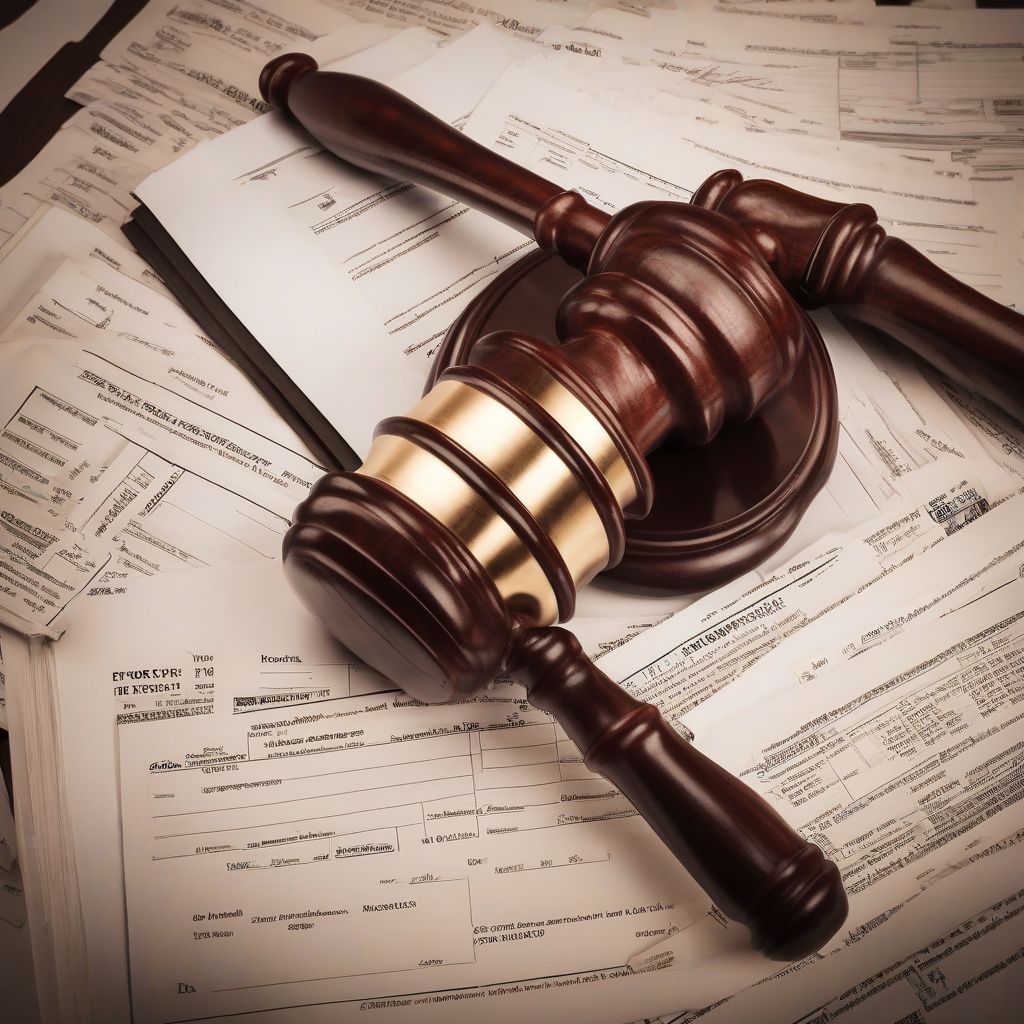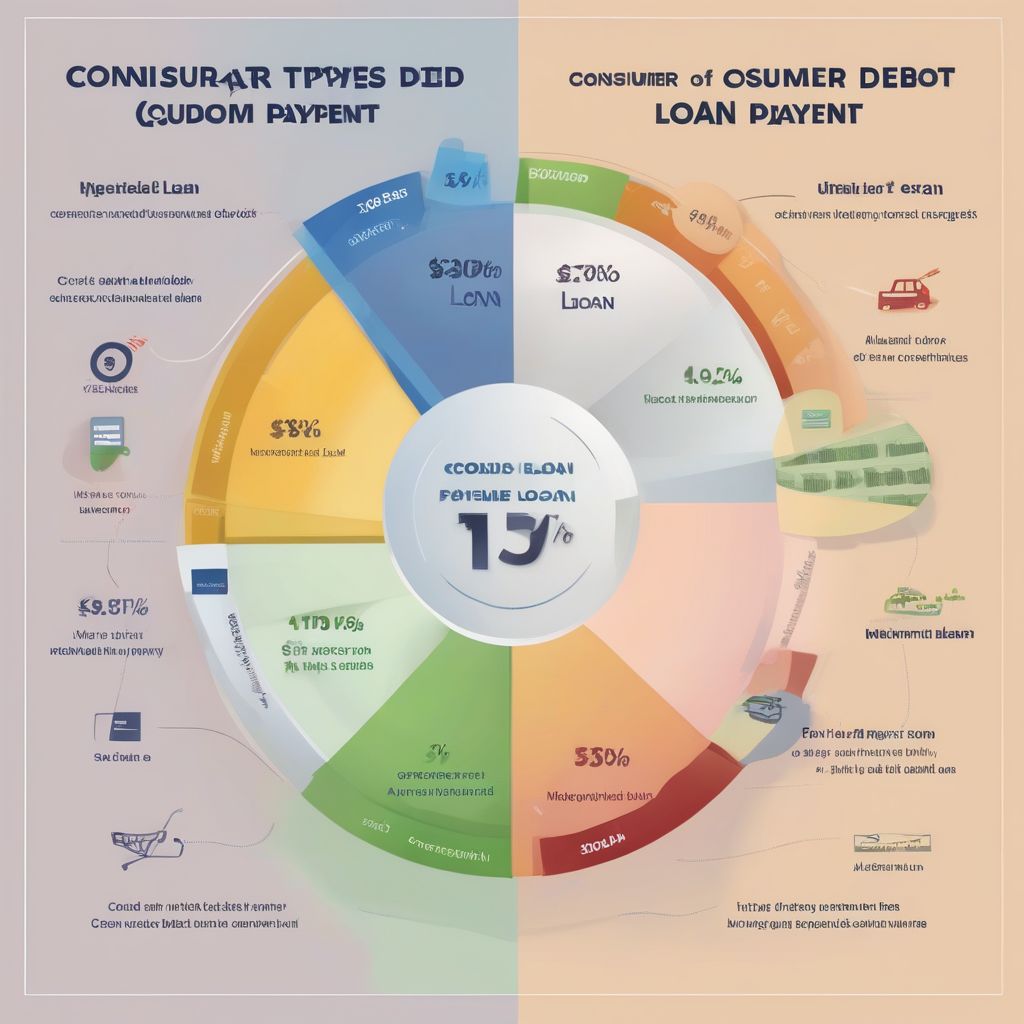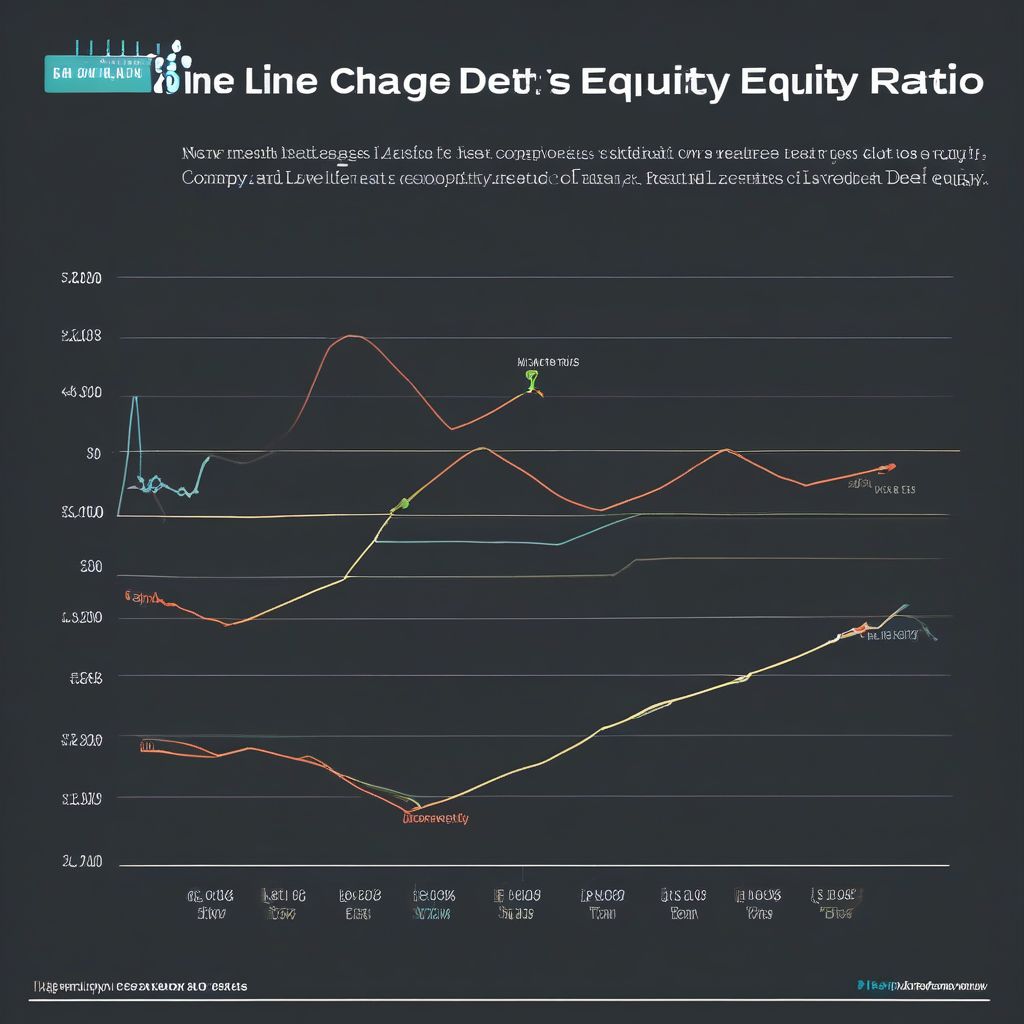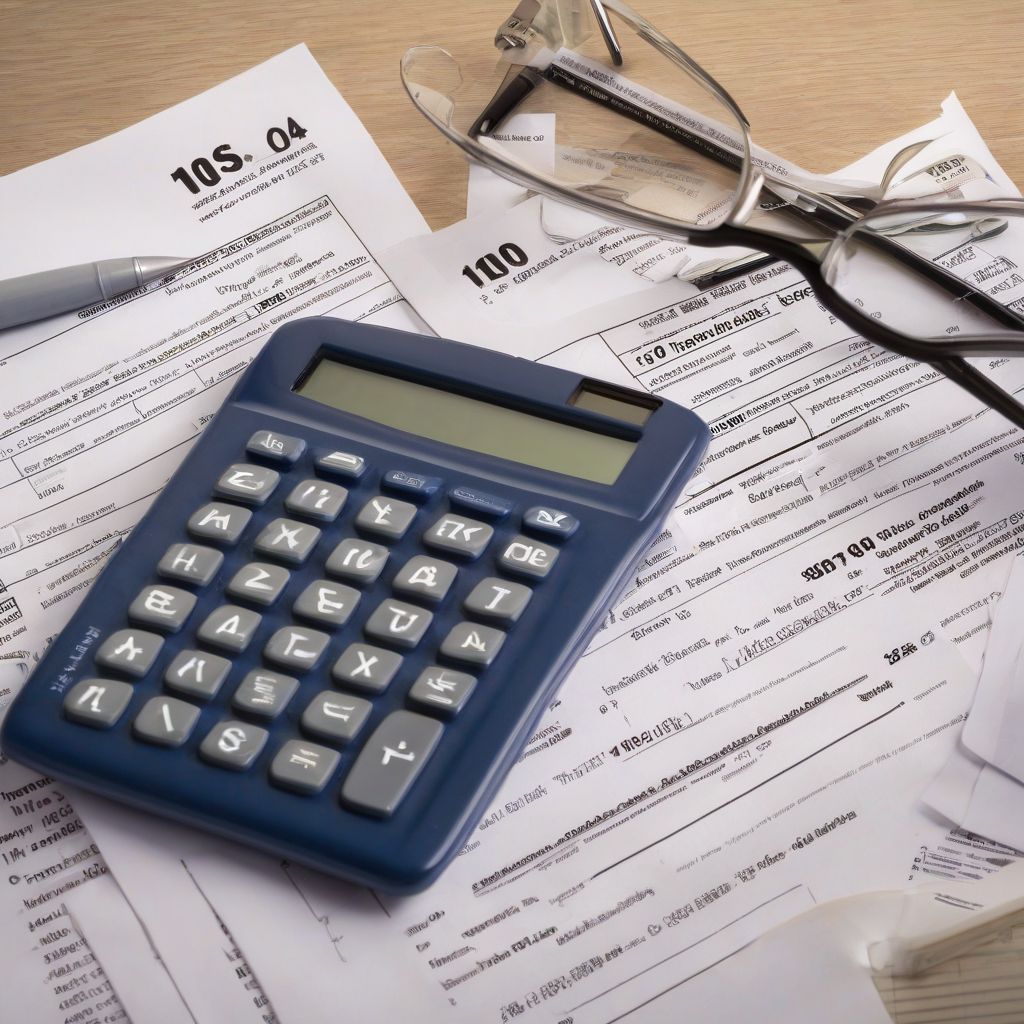Navigating the world of finance and investments often means encountering complex situations. One such situation many individuals and businesses in Florida face is debt collection. Whether you’re a creditor seeking to recover owed funds or a debtor facing collection efforts, understanding Florida’s debt collection laws is crucial. This article delves into the intricacies of debt collection in Florida, providing you with the knowledge to navigate this challenging landscape.
Understanding Debt Collection
Debt collection is the process of pursuing payments of debts owed by individuals or businesses. It typically comes into play when a debtor fails to make timely payments on a debt, such as a loan, credit card balance, or medical bill.
What is a Debt Collector?
A debt collector is a third-party individual or company hired by a creditor to collect a debt. In Florida, debt collectors are regulated by the Florida Consumer Collection Practices Act (FCCPA) and the federal Fair Debt Collection Practices Act (FDCPA).
Types of Debt
Several types of debt are subject to collection efforts in Florida, including:
- Consumer Debt: This category encompasses debts incurred for personal, family, or household purposes, such as credit card debt, medical bills, and payday loans.
- Business Debt: Debts incurred by businesses during operations, like unpaid invoices or loans, fall under this category.
sonneriesvip.com/wp-content/uploads/2024/08/gavel-on-legal-documents-66c5a8.jpg" alt="Debt Collection" width="1024" height="1024">Debt Collection
Florida Debt Collection Laws
Florida has specific laws governing debt collection practices to protect consumers from abusive or harassing collection tactics.
The Florida Consumer Collection Practices Act (FCCPA)
The FCCPA mirrors the federal FDCPA and prohibits debt collectors from engaging in deceptive, unfair, or abusive practices when attempting to collect a debt. These prohibited practices include:
- Contacting debtors at unreasonable hours: Debt collectors cannot contact you before 8:00 a.m. or after 9:00 p.m. unless you agree.
- Using harassing or abusive language: Threatening violence, using obscene language, or repeatedly calling with the intent to annoy or harass is prohibited.
- Misrepresenting the debt amount or legal status: Debt collectors must accurately represent the amount owed and cannot misrepresent themselves as attorneys or law enforcement officers.
- Contacting you at work after being told not to: Once you inform a collector that you cannot receive calls at work, they must cease contact.
Statute of Limitations on Debt in Florida
Florida has a statute of limitations on debt, which limits the amount of time a creditor has to sue you for a debt. The statute of limitations varies depending on the type of debt:
- Written contracts: Five years.
- Oral contracts: Four years.
- Promissory notes: Five years.
- Open accounts (e.g., credit cards): Four years.
It’s important to note that the statute of limitations does not mean the debt disappears. It simply means that the creditor may have limited legal recourse to collect the debt after the specified period.
Dealing with Debt Collectors in Florida
Facing debt collection efforts can be stressful, but knowing your rights and how to handle interactions with collectors is essential.
What to Do When Contacted by a Debt Collector:
- Validate the debt: Request written verification of the debt, including the amount owed, the original creditor’s name, and your right to dispute the debt.
- Keep detailed records: Document all communication with the collector, including dates, times, and the content of conversations or correspondence.
- Know your rights: Familiarize yourself with the FDCPA and FCCPA to understand what practices are prohibited and how to protect yourself from abusive tactics.
- Seek legal counsel: If you are unsure of your rights or believe a debt collector is violating the law, consult with a qualified attorney specializing in consumer law or debt defense.
Debt Relief Options in Florida
If you are struggling with debt and facing collection efforts, several debt relief options are available:
- Negotiation: You can attempt to negotiate a settlement with the creditor or debt collector, such as a lump-sum payment for a reduced amount or a payment plan.
- Debt consolidation: This involves combining multiple debts into a single loan with a potentially lower interest rate.
- Credit counseling: Non-profit credit counseling agencies can help you create a budget, negotiate with creditors, and explore debt management plans.
- Bankruptcy: As a last resort, filing for bankruptcy can provide a fresh start by discharging certain debts or restructuring debt repayment plans.
Protecting Your Financial Well-being in Florida
Debt collection is a complex issue with significant implications for your financial well-being. Understanding your rights, Florida’s debt collection laws, and available debt relief options is essential to navigate this process effectively.
Disclaimer: This article provides general information and should not be considered legal advice. If you are facing debt collection issues or require personalized legal guidance, consult with a qualified attorney in your jurisdiction.



